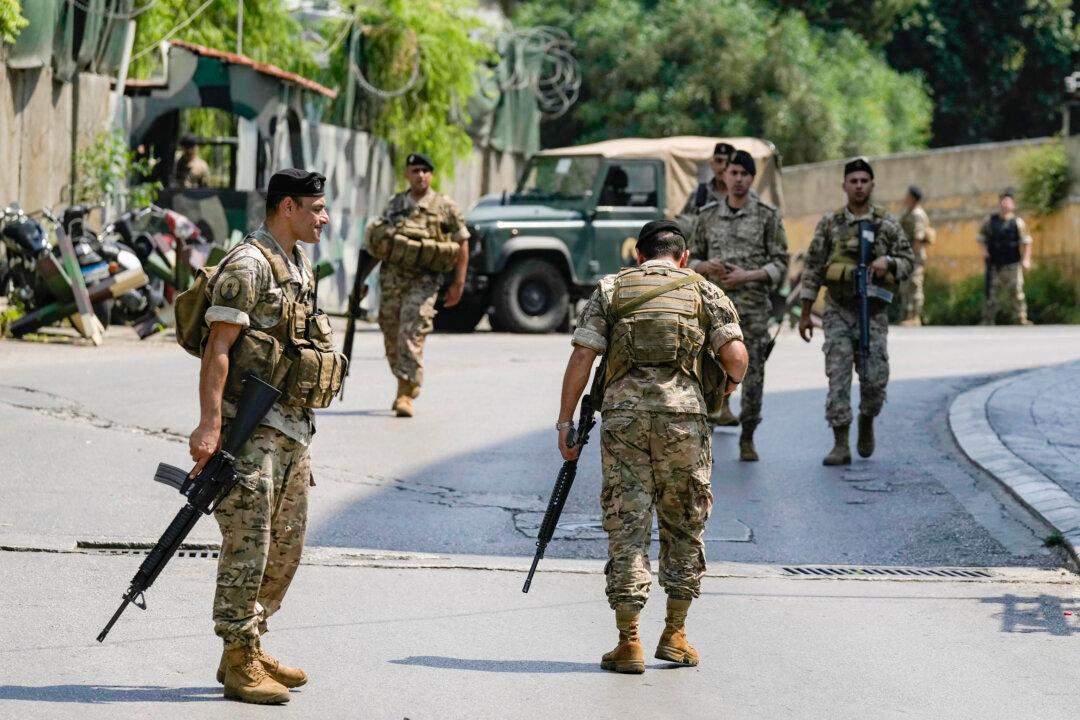The United States, France, the UK, and many other countries warned their citizens to leave Lebanon as soon as possible amid rising regional tensions, following strikes in Beirut and Israel in recent days.
The U.S. Embassy in Lebanon told its citizens that they should book “any ticket available to them,“ while the UK’s foreign secretary’s office called on British citizens to ”leave now.”





